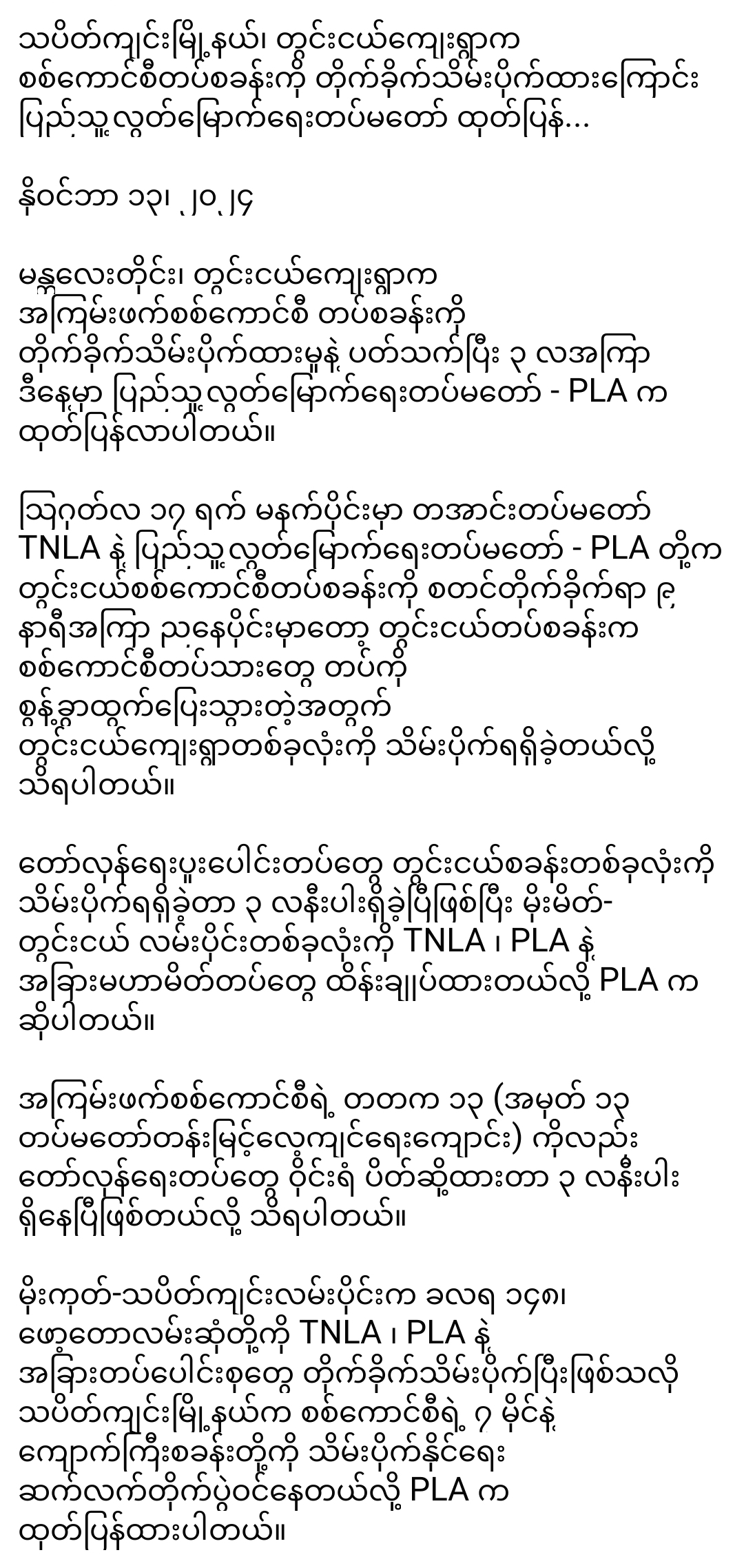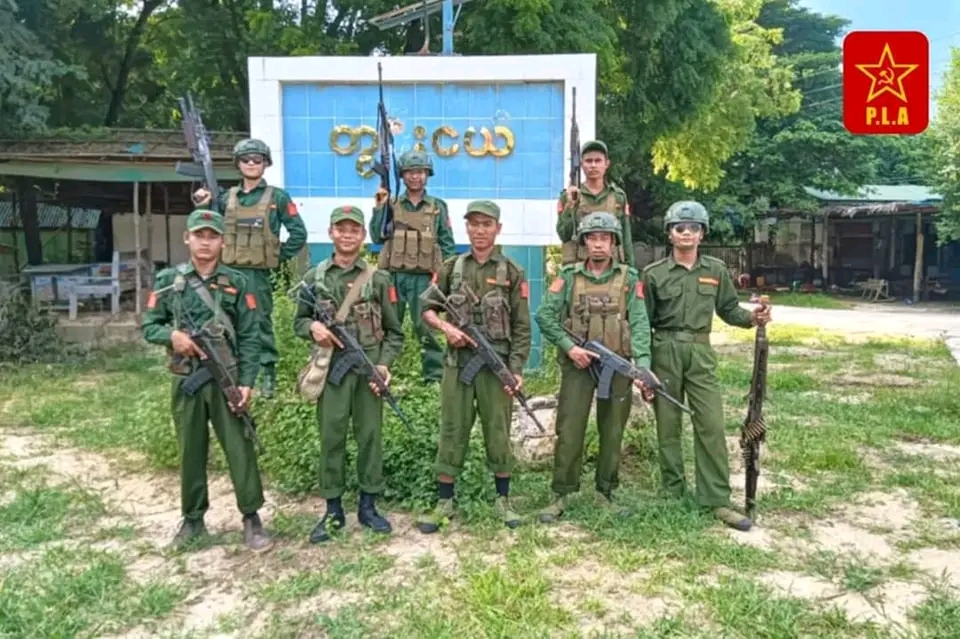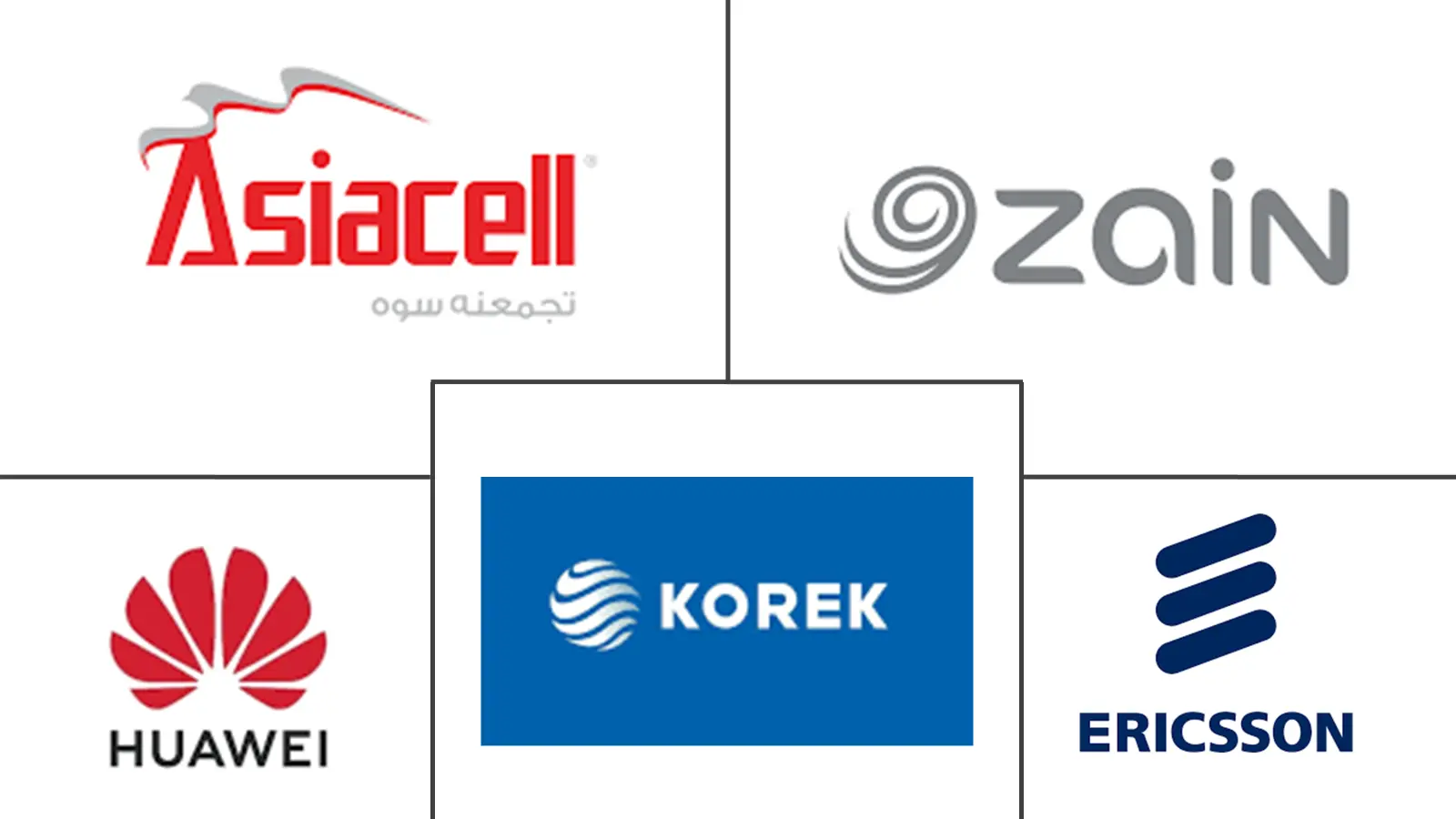
Telecommunication companies in Iraq
Iraq’s telecommunications sector has undergone remarkable transformation since the early 2000s, emerging as one of the fastest-growing markets in the Middle East. The sector is vital for Iraq’s economic development, providing connectivity across a country with a large population dispersed over a vast and varied terrain. The main players in Iraq’s telecom market include Zain Iraq, Asiacell, and Korek Telecom, along with the state-run Iraqi Telecommunications and Post Company (ITPC), which manages fixed-line services. These companies have each contributed to the country’s increasing connectivity, while facing unique challenges and opportunities in a rapidly evolving environment.
Zain Iraq
Zain Iraq, a subsidiary of the Kuwait-based Zain Group, is the largest telecom provider in Iraq. Launched in 2003, Zain Iraq has become one of the leading operators, reaching over 15 million subscribers. Zain Iraq offers a broad range of services, from voice calls and messaging to mobile internet and value-added services like mobile money. Zain’s strength lies in its wide network coverage, which includes even remote areas, and its efforts to enhance connectivity through partnerships and investments in 4G technology. The company has also been preparing for a future transition to 5G, working with the government and international technology providers to pave the way for next-generation mobile services.
Asiacell
Asiacell, based in Sulaymaniyah and part of the Qatari Ooredoo Group, is another major telecom operator in Iraq, boasting around 14 million subscribers. Established in 1999, Asiacell initially focused on the Kurdistan region before expanding nationwide. Asiacell offers similar services to Zain, including voice, messaging, and mobile data plans. One notable advantage for Asiacell is its strong foothold in northern Iraq, where it benefits from high penetration rates in areas that were underserved before. The company is also investing heavily in expanding its 4G network, particularly in southern regions, to close any gaps in national coverage. Additionally, Asiacell has sought to attract new customers by providing affordable data plans and bundling offers that appeal to different segments, including youth and rural customers.
Korek Telecom
Korek Telecom, headquartered in Erbil, is another key player, especially in the Kurdistan region. Korek launched operations in 2000 and has since expanded to serve millions of users across Iraq. While smaller than Zain Iraq and Asiacell in terms of subscribers, Korek holds a significant share in the northern parts of the country. Korek’s service portfolio includes mobile voice and data services, as well as internet solutions for businesses. The company has made notable advancements in deploying 4G LTE technology and has been working to strengthen its presence in central and southern Iraq. Korek has also partnered with Huawei and Ericsson to enhance its network infrastructure, aiming to compete with larger players through high-quality service offerings and targeted promotions.
Iraqi Telecommunications and Post Company (ITPC)
The state-owned Iraqi Telecommunications and Post Company (ITPC) plays a unique role in the telecom sector. Responsible for the country’s fixed-line infrastructure, ITPC oversees landline and broadband services. Although mobile services dominate in Iraq, ITPC remains important for internet service provision, particularly for government institutions and businesses requiring reliable and secure connections. In recent years, ITPC has faced challenges in modernizing its infrastructure, with many Iraqis preferring mobile over fixed lines due to flexibility and accessibility. However, the government continues to work with ITPC to improve its broadband network, considering the potential role of fiber optics in delivering high-speed internet across Iraq.
Challenges and Future Prospects
Iraq’s telecommunications companies face several challenges, including political instability, regulatory hurdles, and infrastructure damage in certain regions. The reliance on mobile services rather than landlines reflects Iraq’s need for cost-effective and versatile communication solutions, especially in rural and conflict-affected areas. Security remains a concern for telecom operators, as some regions still face risks from political unrest and militant activity, which affects network maintenance and expansion.
Looking forward, the Iraqi telecom market shows strong potential for growth, with demand for mobile internet and data services driving investment. The transition to 5G technology, anticipated to occur in the next few years, will be a major development, although it will require significant investments in infrastructure and regulatory support. The government has been exploring ways to attract more foreign investment into the telecom sector, and several international companies have shown interest in Iraq’s digital transformation efforts.
Overall, Iraq’s telecommunications sector has become a critical part of its national economy, fostering connectivity, economic growth, and social inclusion in a challenging environment. With ongoing improvements in technology and infrastructure, Iraqi telecom companies are well-positioned to continue expanding services and delivering innovative solutions to meet the needs of a growing and connected population.




Leave a Reply